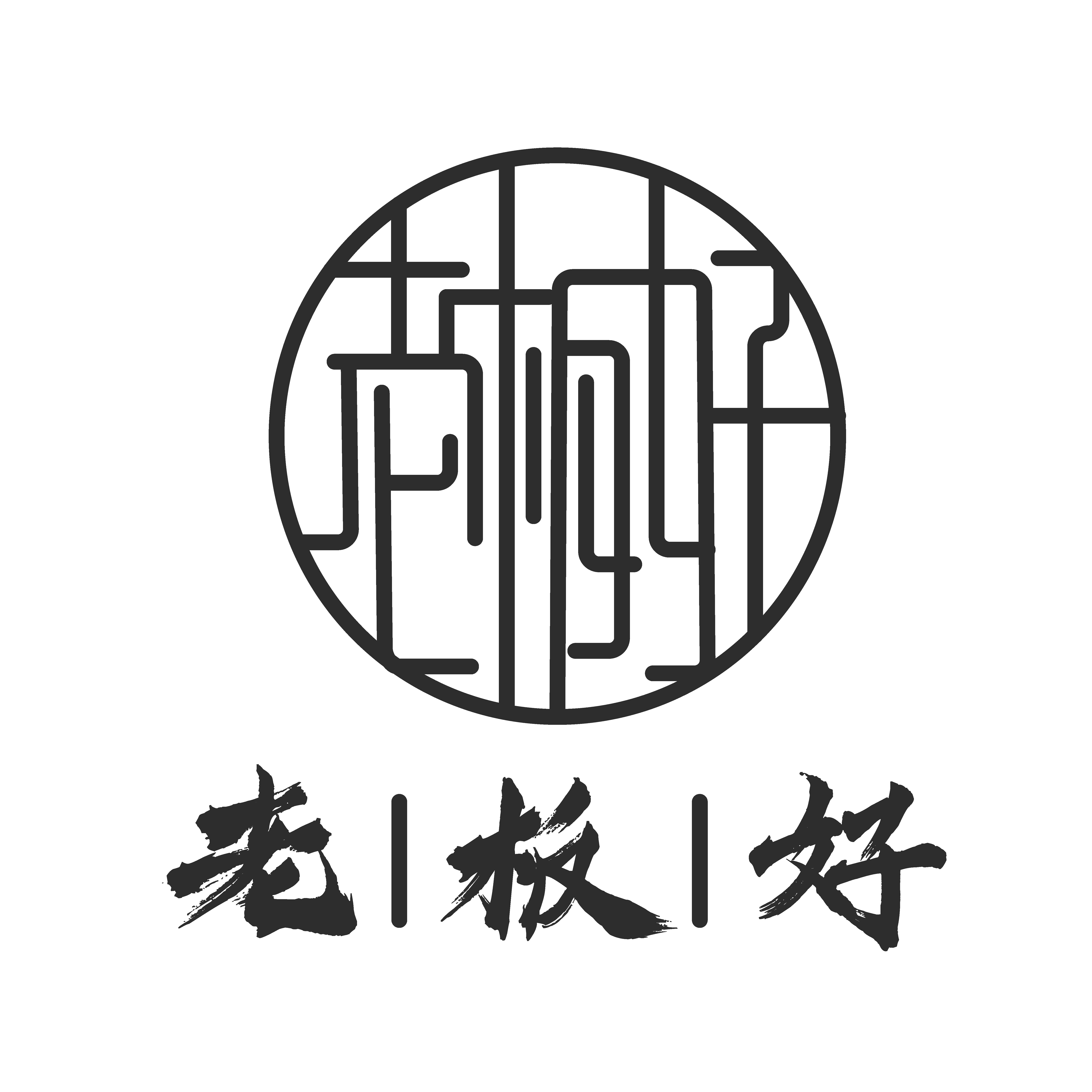What New York's Mamdani can teach Malaysia's Madani
2 天前
Imagine this: you are watching a political debate and one of the candidates has to spell out his own name because his rival cannot not get it right.
“The name is Mambani, M-A-M-B-A-N-I”. (This is of course has been turned into a meme, complete with dance moves, that has swept across US social media.)
Mambani. It almost sounds like Madani, that grand vision that Prime MinisterAnwar Ibrahim has touted with its six noble values of sustainability, compassion, respect, innovation, prosperity and trust.
Yet, something is different. While Malaysia’s political leaders give us airy-fairy slogans and pie-in-the-sky visions, Zohran Mambani has given New Yorkers something else – specific promises on issue that matter most to them. He had no memorable slogans for them like 1New York or Keluarga New York (New York Family).
But when Zohran Mamdani schooled Andrew Cuomo in the Democratic mayoral debate, spelling out his name letter by letter, something clicked. Here was a politician who does not just spell out his name, he also spells out clearly what he plans to do.
And this is where the similarity between Mambani and Madani ends.
Unlike the messaging of most politicians in Malaysia, Zohran’s campaign promises were clear to everyone who listened. He focused on several key areas – issues that matter most to ordinary people.
Making life more affordable
He promised to ease the cost-of-living crisis by introducing city-owned grocery shops in each borough. These would buy food wholesale and be exempt from property taxes. They would operate from city-owned land or buildings. Thus they would be able to sell essential items at more affordable prices.
Tackling the high cost of housing
Zohran said rent would be frozen for one million people who live in rent-stabilised units. In addition, he proposed to create a social housing development agency. This agency would build 200,000 affordable homes to triple the number of available affordable homes in the coming years.
Improving community benefits
Zohran pledged free childcare for children up to five years old. Tuition fees at certain public colleges would be eliminated. And a new department of community safety would work towards improving public safety and respond to people with mental health crises.
Providing free city buses, funding to improve the underground rail
The idea is to increase public transport ridership which would help mitigate climate change. Zohran himself uses public transport – the underground and cycling. He also aims to make commutes easier for pedestrians and cyclists.
Show me the money!How does Zohran aim to fund all this? A small wealth tax for the ultra-rich. That means a 2% city income tax on the wealthy elite, the top 1%, in New York City – which is hardly going to hurt them.
He also plans to raise corporate taxes from 7.25% to 11.5%. This will raise $5bn (RM21bn) for the city’s coffers.
This pledge to impose higher taxes on the ultra-rich required real guts, which most politicians do not have or they could be heavily compromised through their sources of electoral funding.
See how segments of the big business-friendly US media went after Zohran while his own Democratic Party hardly gushed in support.
In addition, Zohran signalled clearly his stance on upholding international law, especially in relation to the genocide in West Asia. This meant his support for the BDS campaign regarding the genocide in Gaza. At the same time, he vowed to increase funding to combat hate speech and antisemitism.
He also pledged to provide protection for migrant workers and legal support for those in distress. This recognises their contribution to the domestic economy.
So people in New York City knew exactly who – and what – they were voting for. It helped that the issues he had raised are close to the hearts of many ordinary people.
Was Zohran’s messaging simple and clear to them? Crystal. No wonder he triumphed in the primary against the odds.
Zohran’s clear messaging will also make it easier for voters to monitor whether his campaign promises are implemented if he wins the election later this year. So he had better deliver!
Contrast that to the campaign promises of Pakatan Harapan ahead of the 2022 general election. Most people knew PH stood on a ‘reformist’, anti-corruption platform.
But press further on what exactly it was promising. Many – other than those closely following political developments – would be hard-pressed to say what PH pledged to do.
Has it delivered on its anti-corruption pledge? You tell me. The repeated extensions of Azam Baki’s tenure as chief of the Malaysian Anti-Corruption Commission have hardly boosted public confidence.
Perhaps people vaguely expected a better quality of life. They wanted more affordable food, education and healthcare – and more democratic and accountable institutions. They certainly did not vote for an expansion of sales and service tax (SST) and a range of higher tariffs.
Let’s look at Malaysian civil society’s People’s Agenda formulated ahead of the 2022 general election. This focuses on five key areas.
What Zohran has done is use a somewhat similar framework to zero in on some of these areas close to the people’s heart. He then crafted specific pledges to make life easier and more affordable for ordinary people.
Some in the media have expressed concern that the billionaires in New York might pack up and leave the city.
To allay these concerns, Zohran has said he wants to improve the quality of life for everyone in the city, including the billionaires. The additional taxes he has in mind will only create a small dent in their enormous wealth.
Compare that to yesterday’s expansion of Malaysia’s SST to cover even more good and services. This is expected to generate RM10bn per year to help finance Malaysia’s federal government budget of RM421bn for 2025. (This is just below New York City’s budget of RM472bn ($112.4bn) for the year.)
Will the extra money generated from the SST expansion in Malaysia be pumped into public healthcare, education, even childcare in Malaysia? Or will much of it be expended on mega-projects or other spending of questionable value? Will some be siphoned away through ‘leakages’ (grrr… that word)?
Consider the RM27bn that Penang is seeking in federal assistance to finance its expensive elevated light rail transit (RM17bn) in Penang and RM10bn for the Pan Island Link highway.
The ridership along this LRT route is uncertain. The population in Penang is barely rising and even ageing. Who will have to bear the burden of annual LRT operational deficits given that the Penang government itself is strapped for funds.
Where is this RM27bn plus the future deficits ultimately coming from?
Couldn’t a fraction of that money be spent on improving the bus system and first-and-last mile connectivity in major cities? What about expanding the ferry service and introducing water taxis. Are these projects ‘too cheap’ for the policymakers and contractors?
Think of other unnecessary mega-projects and agencies that swallow a couple of billion here, a couple of billion there.
Do you still think you will not have to foot the bill for these pricey infrastructure and mega-projects? All the while, people have to cough up more for SST.
Why does the Madani government not have the gumption to raise wealth taxes aimed at the top 1% or even the top 0.5%? Why not move to a more progressive taxation system? What about a Tobin tax of sorts imposed on speculative ’hot’ foreign exchange transactions? Or…dare I say it…a small inheritance tax?
Instead, we are fed a false debate over which of two regressive tax systems is ‘better’ – SST or GST (goods and services tax). Regressive meaning everyone, including those who can least afford it, has to shoulder the tax burden.
The choice is oursSo here we are. While New Yorkers get a mayoral candidate promising them tangible things – city-owned grocery shops, free childcare, free buses and improved public transport, we get grand visions – and expanded taxes and higher tariffs for the people.
Contrast the approach. One politician treats voters like voters like adults and speaks to them straight about campaign promises he can deliver. Ours tend to talk about grand visions, making vague promises that are difficult to measure.
Meanwhile, at supermarket checkouts, we find our grocery bills climbing. Likewise, at food courts when we look for nasi lemak or char koay teow and find that that prices are inching closer to RM10. Oh, and how long do we have to wait for the buses? Where are the bus lanes?
The question isn’t whether Malaysia needs more politicians like Zohran. But are we ready to demand from our politicians and parties?
Perhaps somewhere our there, we already have a Mamdani or a party willing to work for the interests of the ordinary person – and not so much for the billionaire class, developers or large contractors. Candidates who can actually spell out not just their names but their specific plans on how they can improve our lives.
Look around you. Demand more from your politicians. Ask them how they plan to improve your quality of life. And then choose wisely.
...Read the fullstory
It's better on the More. News app
✅ It’s fast
✅ It’s easy to use
✅ It’s free









